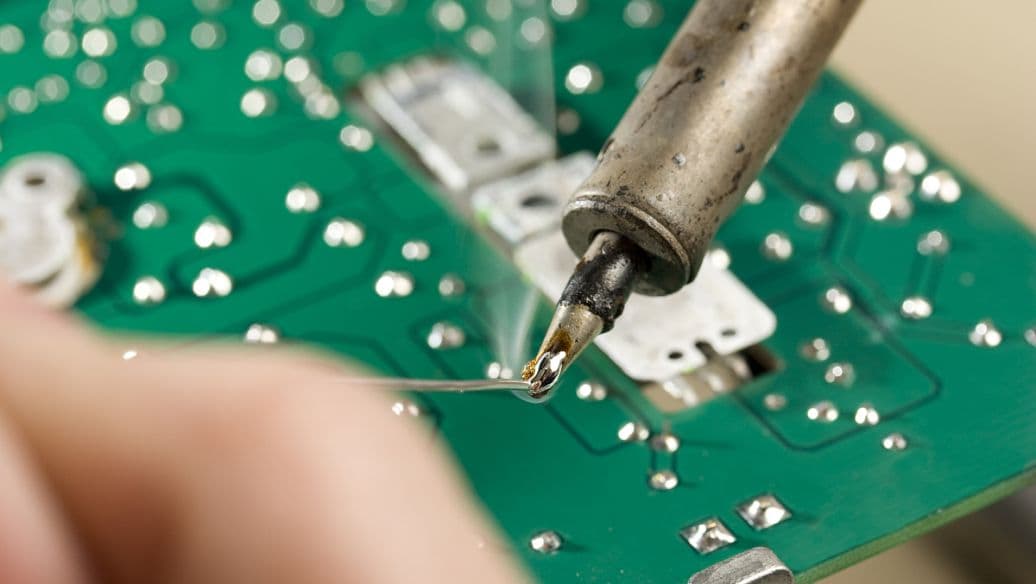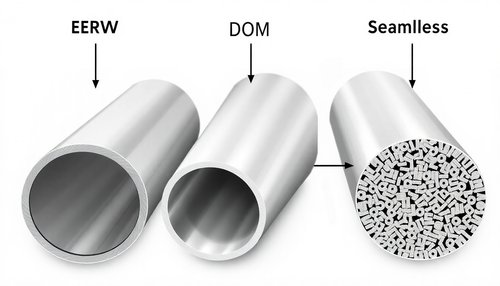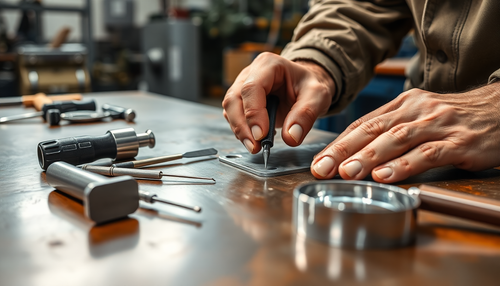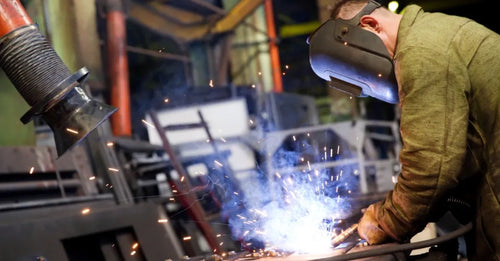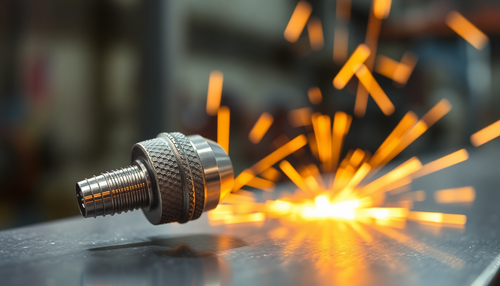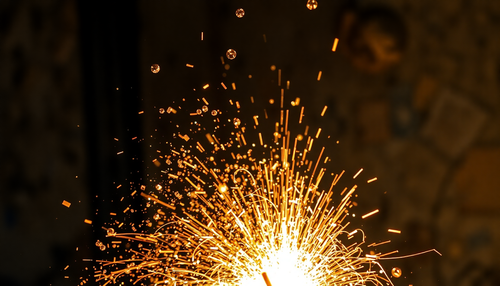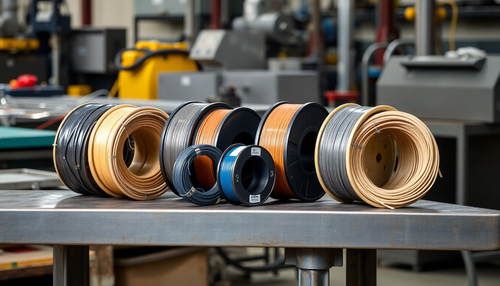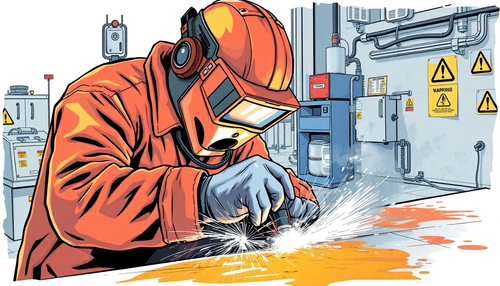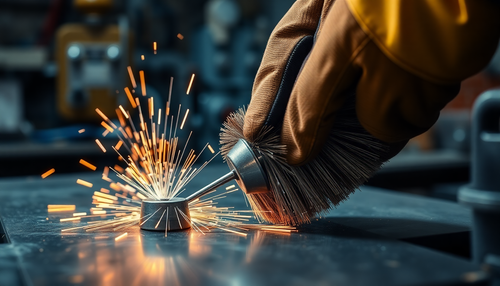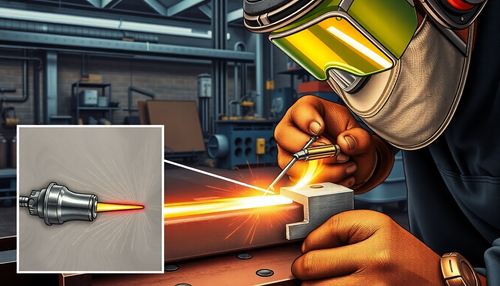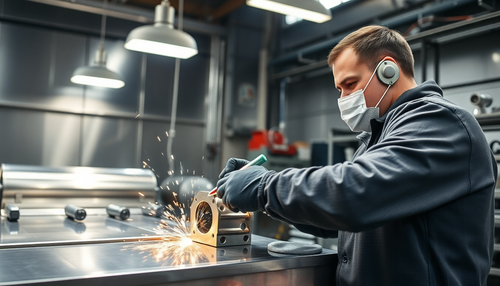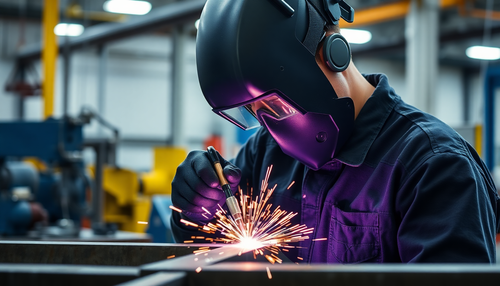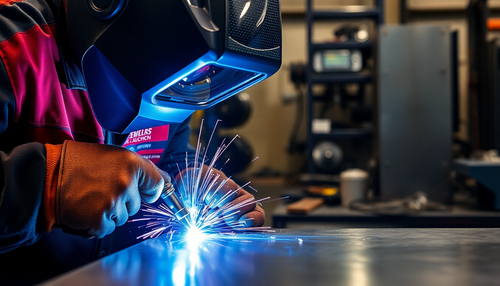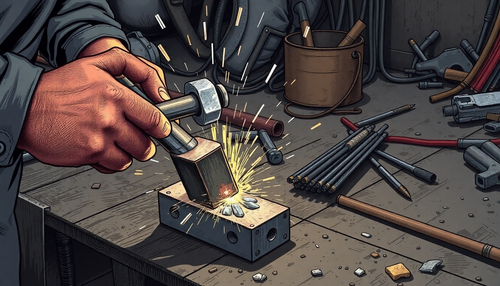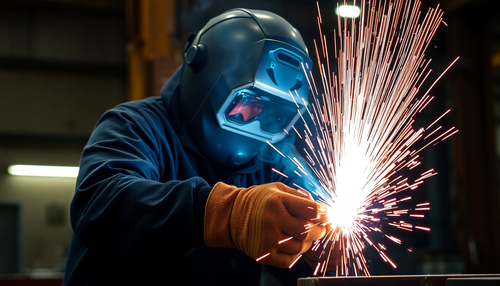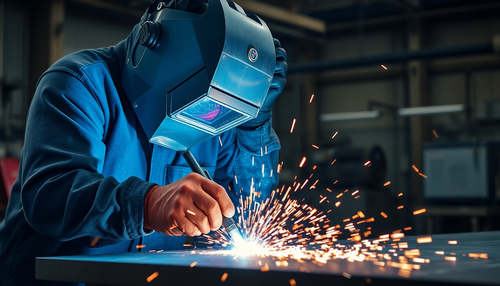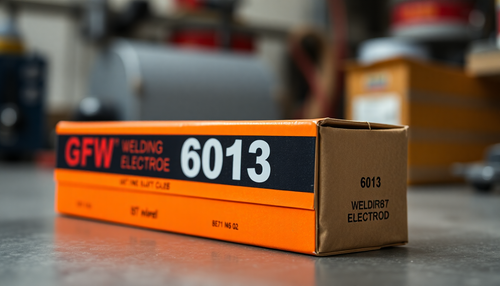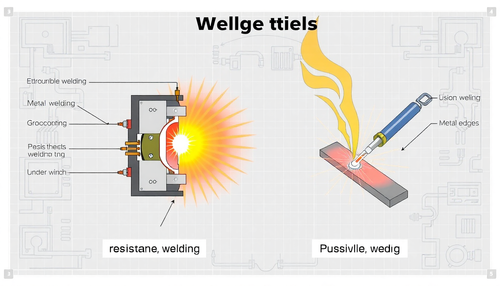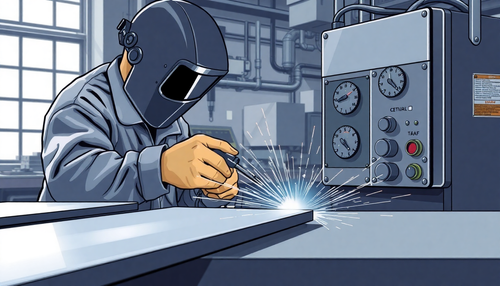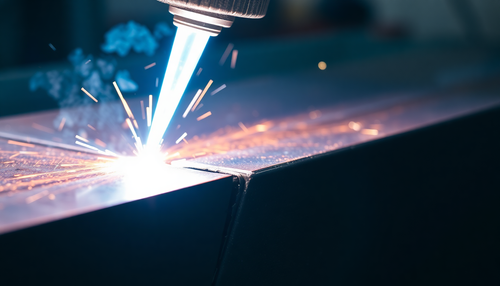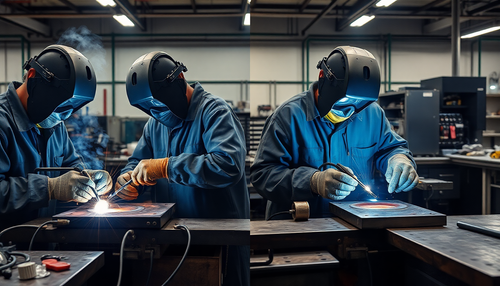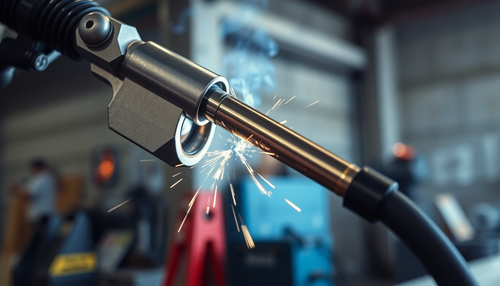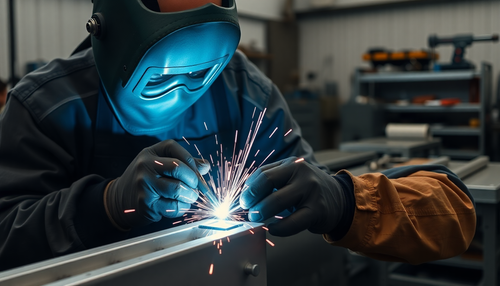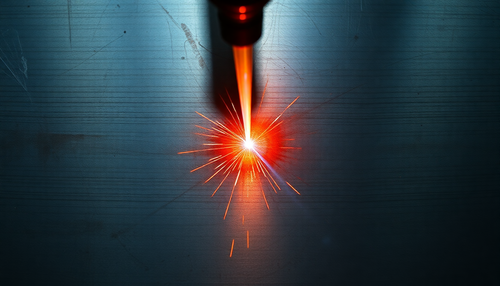Is electric soldering iron welding with tin toxic?

Some netizens complained that they worked in a PCB factory and used an electric soldering iron to solder tin for an entire year. They felt uncomfortable in their bodies and had some swelling in their abdomen. Is soldering tin toxic? Will it cause lead poisoning?
It actually depends on whether lead-free soldering wire or leaded soldering wire is used during work and regular blood lead checks. If it does not exceed the standard, there will be no problem. Is soldering tin toxic?
Typically, if national standards are followed for raw material protection and procurement, soldering tin will not cause significant harm. Now, almost all products used do not contain lead.
Lead is a toxic substance. Excessive absorption by the human body can cause lead poisoning, and even low doses can affect human intelligence, the nervous system and the reproductive system.
Tin-lead alloy is commonly used as solder because it has good electrical conductivity and a low melting point. Its toxicity comes mainly from lead. Lead fumes produced during welding can easily cause lead poisoning.
Metallic lead can produce lead compounds, which are classified as hazardous substances. In the human body, lead can affect the central nervous system and kidneys.
The environmental toxicity of lead to some organisms has been widely confirmed. When the blood lead concentration exceeds 10μg/dl, sensitive biochemical effects will occur. If the blood lead concentration exceeds 60-70μg/dl for a long time, it will cause clinical lead poisoning.
Those with lead are definitely toxic. Not to mention whether soldered tin has a significant impact on the body, but for metals in general, excessive amounts can also be toxic. When soldering tin, smoke will appear, which contains elements that are harmful to the body.
When working, it is best to wear a mask, but there will still be some impact. Obviously, if it is possible to use lead-free solder wire, it will be much safer than using leaded solder wire.
Is lead free solder toxic?

The material used in soldering tin with an electric soldering iron contains metals other than tin, although tin is the main component. They are mainly divided into leaded and lead-free (environmentally friendly).
With the introduction of the EU ROHS standard, more and more PCB welding factories have chosen environmentally friendly and lead-free solder wires.
Lead solder wire is also being gradually replaced and cannot be exported if it is not environmentally friendly. Lead-free solder paste, lead-free solder wire and lead-free solder bar are currently the main products on the market.
Simply put, because solder's melting point is low and it contains about 60% lead and 40% tin, solder itself is toxic. Most solder on the market is hollow, with resin inside, so the gas you're talking about is probably resin vaporized when the solder melts during welding.
The gas emitted by rosin is slightly toxic and quite unpleasant. The main danger of welding when soldering is lead fumes, even if it is lead-free solder, which contains a certain amount of lead.
The lead vapor limit in GBZ2-2002 is very low and highly toxic and needs to be protected. Due to the damage caused to human health and the environment during the welding process, the protection of welding workers and the environment has been enforced by legislation in Europe.
Welding without any protective measures is not permitted. ISO14000 standards have clear provisions for dealing with and protecting pollution during the production process.
Tin contains lead and solder has been classified as an occupational hazard category (in the National Directory of Occupational Diseases) due to lead present in solder wire in the past. Now most companies use lead-free soldering wire, the main component of which is tin. The Center for Disease Control measures tin dioxide, which is not listed in the national directory of occupational diseases.
In general, lead vapors in the lead-free (lead-free) process will not exceed the limit, but there are still other hazards of welding, such as solder flux (rosin-based substances) with certain hazards depending on the specific situation.
Employees can check the weld tag issued and which category it belongs to. This can be used to demand that the company make improvements (suggestions can be made to the factory's internal union).
If the emitted solder contains lead, it is definitely harmful to the body. Over time, it will accumulate in the body and cause significant damage to the immune system and nervous system.
Lead-free soldering wire is environmentally friendly, but it is also harmful to the human body. The low lead content of lead-free soldering wire does not mean it does not contain lead.
Compared to lead solder wire, lead-free solder wire pollutes the environment and human body less. The gas produced during welding is toxic, including rosin oil and zinc chloride vapor.
How to prevent the toxicity of electric soldering iron soldering wire?

First of all, PCB factories should use ROHS solder wire when using an electric soldering iron to solder components and take preventive measures:
For example, wearing gloves, masks or gas masks, paying attention to ventilation in the workplace, good exhaust system, cleaning after work and drinking milk can prevent lead toxicity in solder.
- Take a break for a period of time. Rest for about 15 minutes every hour to relieve fatigue, as stamina is weaker when you are tired.
- Smoke less and drink more water. This can eliminate most of the harmful substances absorbed during the day.
- Drink mung bean soup or honey water before going to bed. This can reduce inflammation, help with mood, and mung beans and honey can eliminate large amounts of lead and radiation absorption.
- Make the soldering iron brighter and use PPD soldering heads as much as possible. This can reduce the use of welding oil and rosin at high temperatures, reducing damage to the body.
- When welding oil and welding fumes, try to tilt your head to the side. When brushing the sky and water, also tilt your head to the side and hold your breath as long as possible.
- Use more alcohol. Brushing for a while with alcohol has a similar effect.
- Clean your hands after welding.
- Take a shower before bed, go to bed and wake up early to ensure adequate sleep. If you sleep well, most impurities can be eliminated from the body.
- Wear a mask while working.

